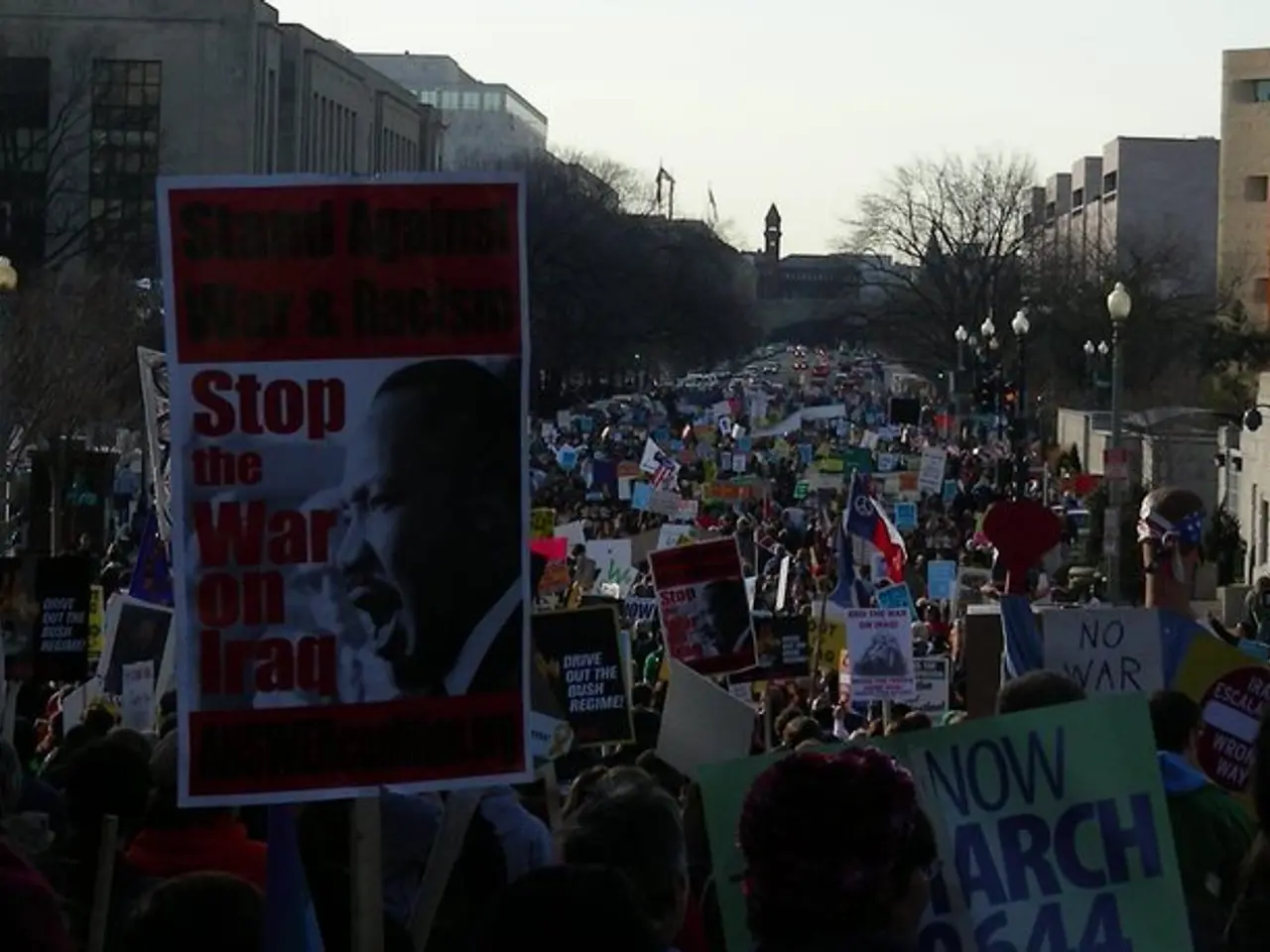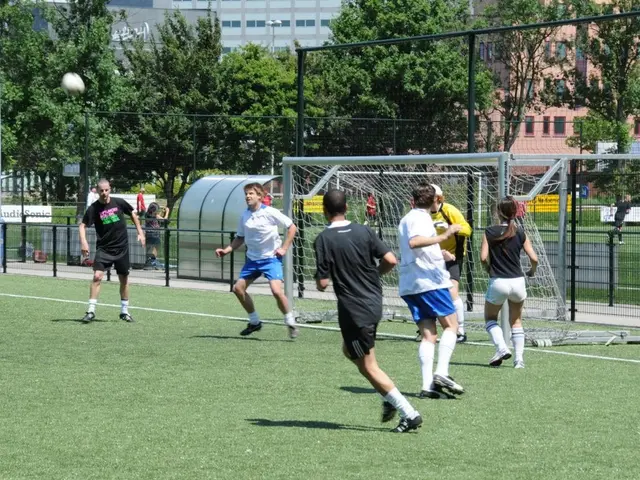Few foreign residents in Switzerland appear to exercise their voting rights despite being eligible to do so. Why is this the case?
In the heart of Europe, Switzerland is home to approximately 2.4 million foreigners, making up 27% of its total population. While these individuals contribute significantly to the country's economy and society, their political participation remains relatively low compared to Swiss citizens.
One such canton aiming to change this is Fribourg. The aim of the campaign, aptly named 'Your vote counts', is to increase political participation among foreign residents in the region. The campaign is particularly focused on foreign residents with a C permit and a five-year residency, who have had the right to vote and stand as candidates in municipal elections since 2006.
However, the path to political participation for foreigners in Switzerland is not always straightforward. In most cases, a certain length of stay and/or a residence permit are required to vote. While some foreigners can vote at the cantonal and municipal level, foreign residents in Switzerland cannot vote at the federal level.
This complexity is further highlighted by the differences across cantons and municipalities. For instance, Geneva, with the largest foreign population (45%), grants foreigners voting rights at the communal level, but they cannot run for office. In contrast, the cantons of Neuchâtel, Jura, Fribourg, and Vaud allow non-citizens to vote and stand for election at the communal level. Some municipalities in Appenzell and Graubünden allow foreigners to vote in select cases, while in La Punt Chamues-ch, a small municipality in the Maloja Region, foreigner participation in municipal elections remains minimal.
The rise of anti-immigration rhetoric in Switzerland can also discourage foreign residents from feeling accepted and engaging in civic life. This lack of identification with political rights, a long-term effect of political socialization, often contributes to low participation among foreigners.
To combat this, the 'Your vote counts' campaign in Fribourg includes posters, explanatory videos, and testimonials to remind foreign residents of their right to vote on the municipal level. The campaign is a crucial step towards fostering inclusivity and encouraging political participation among foreign residents in Switzerland.
In Fribourg, the figure of foreigners participating in the political process is currently at 18%, but the campaign aims to increase this for the upcoming March 2026 elections. Nearly 40,000 people in the canton benefit from this voting right, and the campaign is a significant stride towards ensuring their voices are heard.
In other cantons, the situation is not dissimilar. In Geneva, the figure rises slightly to 23%, but turnout among the Spanish and Portuguese communities is particularly low, at 17 and 13% respectively.
While some foreign communities or individuals may have more of an interest in the politics of their home country, it is essential to remember that they are integral parts of their adopted communities in Switzerland. Their political participation is crucial for the democratic process and the future of the country.
As Switzerland continues to evolve, it is hoped that campaigns like 'Your vote counts' will inspire other cantons to follow suit, fostering a more inclusive and participatory democracy for all its residents.
Read also:
- United States tariffs pose a threat to India, necessitating the recruitment of adept negotiators or strategists, similar to those who had influenced Trump's decisions.
- Weekly happenings in the German Federal Parliament (Bundestag)
- Southwest region's most popular posts, accompanied by an inquiry:
- Discussion between Putin and Trump in Alaska could potentially overshadow Ukraine's concerns








